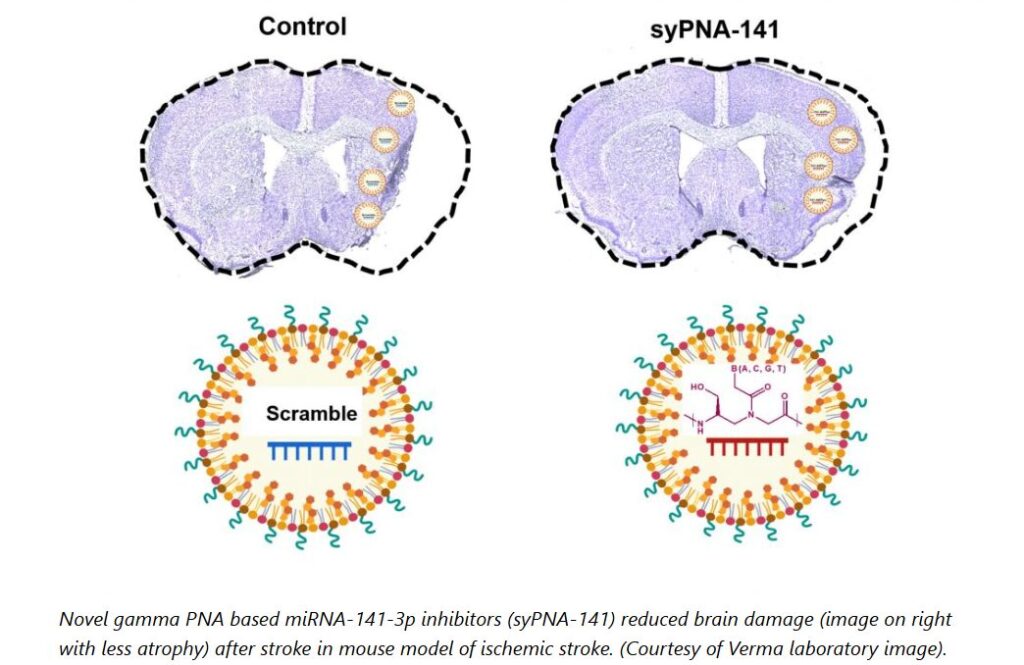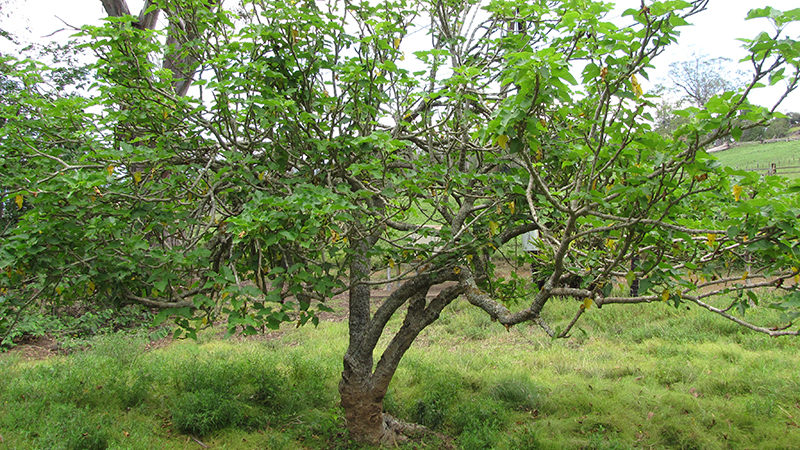
Researchers used visual threat manipulation in the virtual reality environment and thermal stimulation to investigate how the brain perceives pain. They found that the brain perceives pain more strongly when the perceived pain is out of alignment with reality. In particular, pain was amplified when unexpected events occurred.
Pain perception can vary greatly. Sometimes, we feel pain more intensely than expected due to an injury or physical ailment but may feel less intense pain at other similar instances. This variability indicates that our perception of pain is highly dependent on our expectations and uncertainty.
Two hypotheses have been proposed to explain how the brain perceives pain.
One is the Estimate Hypothesis, where the brain estimat...
Read More









Recent Comments